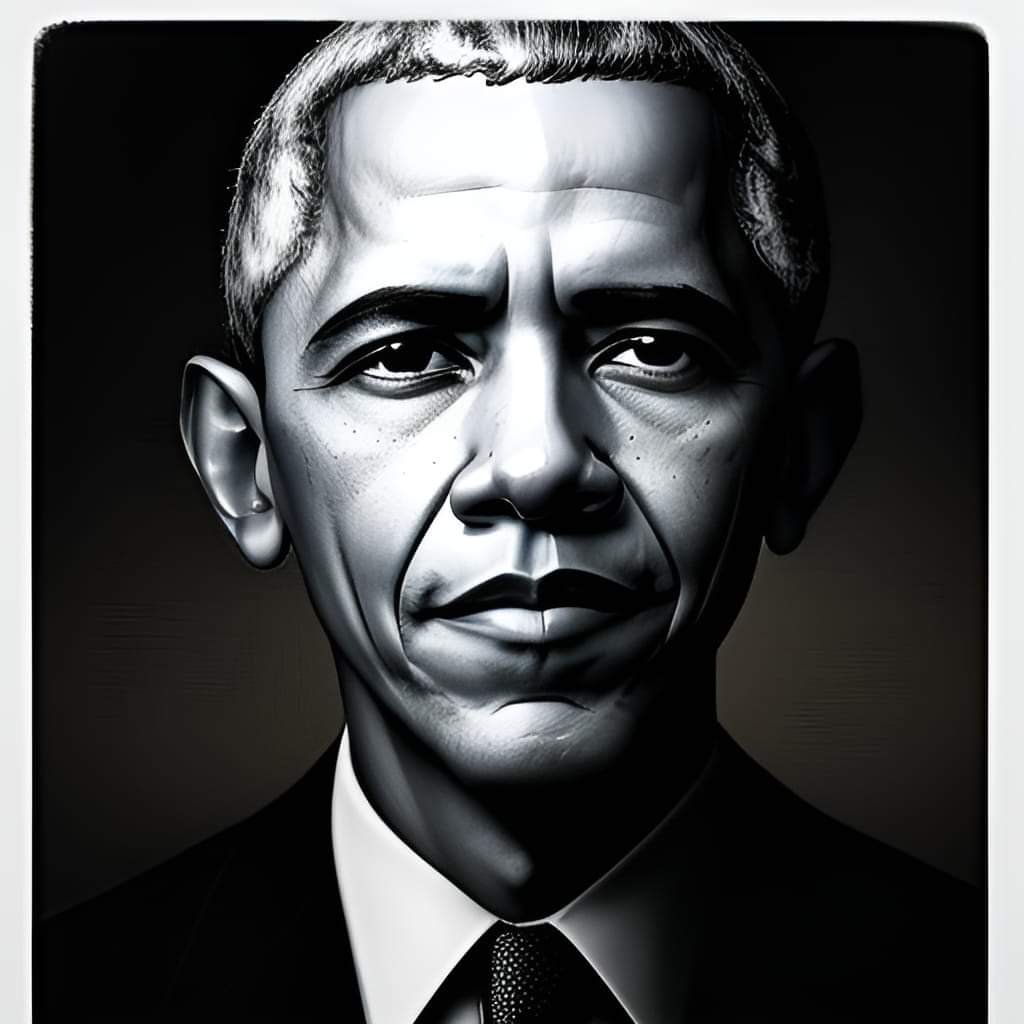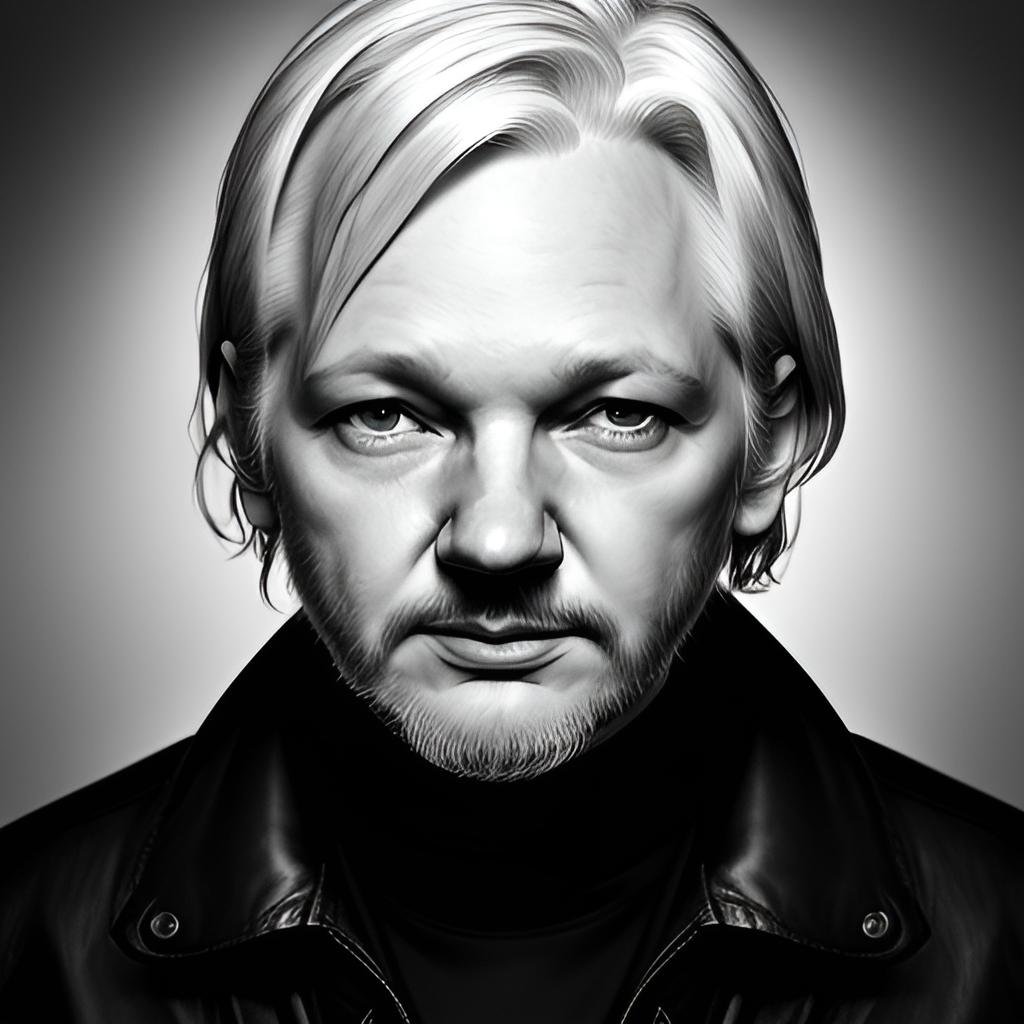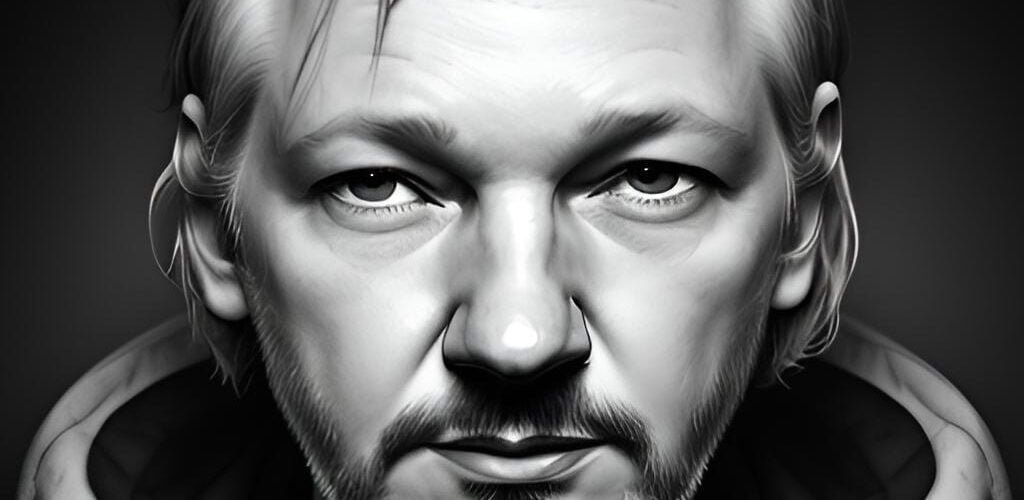There has been a surge of controversy surrounding Julian Assange, the founder of the global non-profit organization, WikiLeaks.
Assange’s organization, WikiLeaks, has dedicated itself to the publication of classified and secretive information, thereby stoking the fires of governmental mistrust and international obscurity.
At the core of this controversy is a burning question will Julian Assange ever be set free from the charges set against him, charges that many argue he should have never faced? Assange has been embroiled in legal battles and allegations of espionage and hacking since 2010.
However, advocates and supporters of the WikiLeaks founder argue that these charges against Assange are not just unfounded but political maneuverings.
Obama Administration

One of the administrations that has attracted a considerable amount of attention in facilitating Assange’s predicament is that of Barack Obama, including his Vice President, Joe Biden.
Obama’s administration strived for transparency and promoted a freedom of information. Despite these claims, the administration was responsible for using the 1917 Espionage Act to prosecute individuals who leaked to journalists more than all its predecessors combined.
Biden served as vice president to Obama throughout his administration, thereby associating him with these actions. With Biden now in the presidential office, the pursuit against Assange is expected to continue.
Currently behind bars and facing potential extradition to the US for his charges, Assange finds himself at the center of a complex political web.
Trump & McConnell

Enter Donald Trump and Mitch McConnell. As the former US President, Trump had held the power to pardon Assange, freeing him from his charges. However, this did not happen.
Why would Donald Trump, a known critic of the establishment, not offer Assange leniency?
Certain critics speculate that Mitch McConnell, the Senate’s Republican Majority Leader, had a significant part to play in this. McConnell, as Trump’s impeachment’s main gatekeeper, held influence over the likelihood of Trump’s impeachment.
It is suggested that he used this as a bargaining chip against Trump in order to stall any attempts at pardoning Assange.
Contrary to this belief, there are some who argue that trump’s non-action might hint at a broader, establishment-backed approach to handling the situation, as often seen in the junior Bush and Obama administrations.
Assange The Symbol?

In this context, Assange is not just a man on trial, but a symbol for the freedom of information a torchbearer under fire from governments seeking to maintain their narratives unchallenged.
However, if Assange represents freedom of information, then his legal persecution is a grave concern. Arguably, it sets a dangerous precedent, one where blurring lines between whistleblowing and espionage makes it easier for governments to stifle dissent and control the narrative.
The question of whether Assange will ever be free is a complex one, entangling legal proceedings, political power play, and fundamental societal questions about free press and the rights of citizens.
Despite the controversy and complexity surrounding Assange’s situation, one thing remains clear, what happens to Assange will send ripples throughout society, changing the nature of journalism, free press, and power structures across the globe. Therefore, it is a question that cannot be reduced to merely a man’s freedom, but our own.

[…] warrant scrutiny, and the possibility for prosecutors to seek a new indictment on the dismissed charges still […]